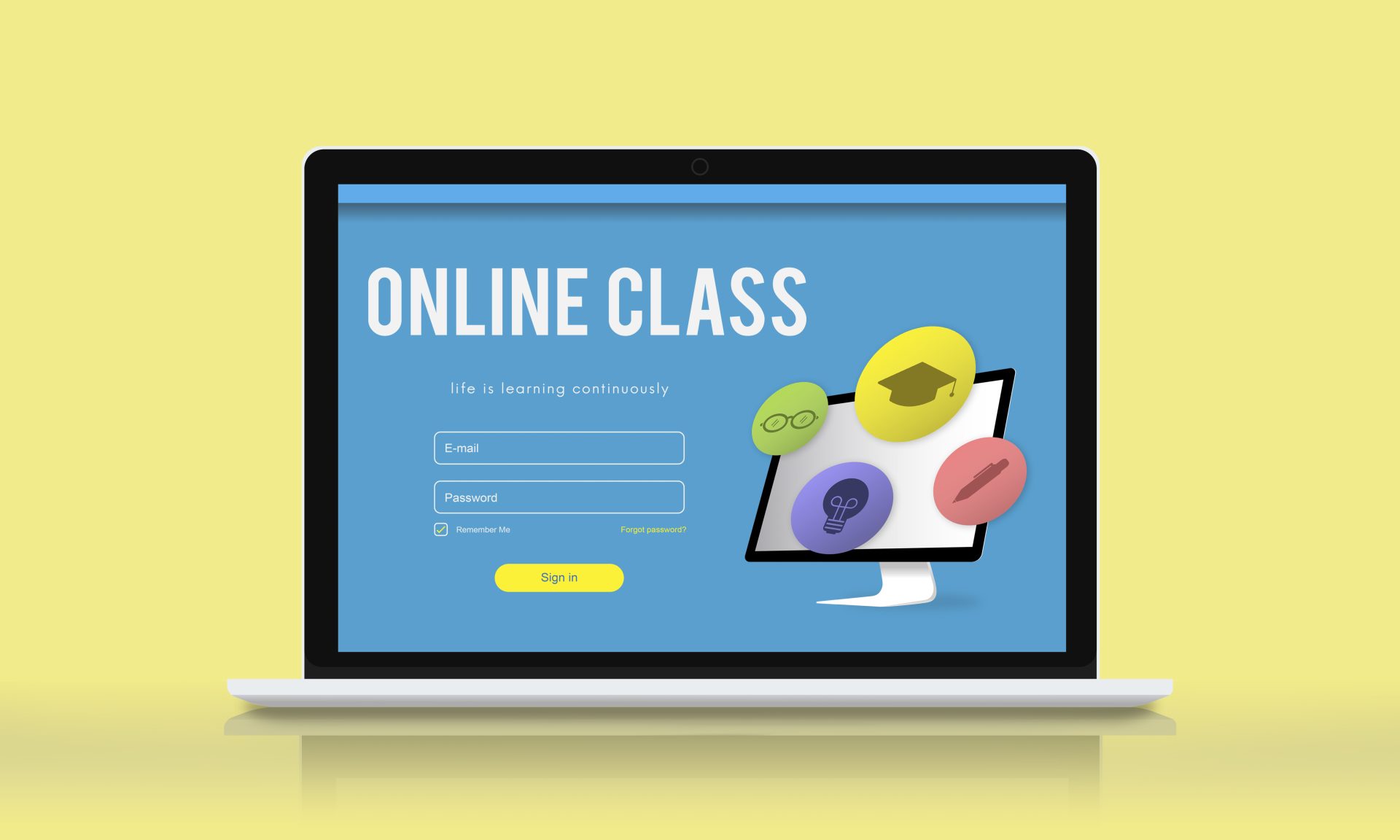Contents
Private schools are a good choice for parents whose children need more personalized learning than what public schools offer. Examples of such families include those with gifted children, children with special needs, or simply kids who require a more individualized approach. The private school’s benefits come with significant financial costs, which not every parent can afford. School’s scholarships provide support in these cases.

Private school scholarships for K-12 are financial awards given to students to help cover tuition fees, textbooks, and other related expenses. Each scholarship comes with its own eligibility rules. Below we explain in detail what these scholarships are and how families take advantage of these opportunities.
How to Find K-12 Scholarships?
“One size does not fit all, and children should have access to schools that best meet their individual needs”
Elizabeth Toomey, U.S. News & World Report
The task of finding K-12 scholarships is challenging for parents. Here’s what helps in the search for the right scholarship.
Research Online Databases
Online platforms list scholarships specifically for K-12 education. Websites like Scholarships.com and Private School Review provide detailed databases where families filter information by grade level, location, and type of scholarship.
Check School Websites
Private schools offer their own scholarships. Families visit the websites of schools they are considering. These websites provide information on available financial aid, eligibility criteria, the application process, and list third-party scholarships.
State and Government Programs
States offer scholarships or voucher programs to help families cover the cost of private education. Families research their state’s education department website to check for any available programs for K-12 students.
Consult with School Counselors
School counselors are excellent resources for helping families find local and national scholarships. School counselors give personalized advice based on the child’s academic performance, extracurricular activities, or specific needs.

Who’s Eligible?
The task of finding scholarships is complete. Parents check whether they meet the requirements of the chosen program. Some programs are only available for specific states. Others require the child to already be enrolled in private schools. Here are some of the most common eligibility criteria.
Merit-Based Scholarships
These scholarships are awarded to students with outstanding academic achievements, talents, or leadership qualities. Families verify eligibility by reviewing the scholarship’s academic and extracurricular requirements on the school’s website or application materials.
Need-Based Scholarships
These scholarships are intended for families with financial difficulties. Parents verify eligibility by providing financial information, such as tax returns or proof of income. These documents show they fall within the financial criteria set by the school or organization.
Special Criteria Scholarships
Some scholarships focus on specific groups. Students with disabilities, children from military families, or students who belong to particular cultural or religious communities are examples of such groups. Each program has its own unique set of criteria.
How Much Is Offered?
|
Key Stats You Shouldn’t Miss
Connecticut had the highest average annual tuition for private K-12 schools in the United States, according to Statista.com. The District of Columbia, Massachusetts, Vermont, and Maine rounded out the top five states with the highest average annual private school tuition in that year
|
The amount offered through K-12 private school scholarships varies depending on the program and type of scholarship. Scholarships cover a portion or, in some cases, the full cost of tuition.
The partial private school scholarships cover from 10% to 50% of the tuition costs. These are typically aimed at helping families who contribute but need financial assistance to bridge the gap.
The full scholarships cover 100% of the tuition fee. These programs are less common and highly competitive.
Scholarships cover costs like books, uniforms, or extracurricular fees, making private education more affordable for a wider range of families.
How to Apply for K-12 Scholarships?

Applying for K-12 scholarships requires attention to detail from families to avoid rejection due to a small mistake. Below are the key steps families follow:
- Examine the eligibility criteria for each scholarship carefully
- Gather all necessary documents, such as tax returns, transcripts, recommendation letters, or proof of extracurricular activities
- Fill out the application forms accurately, following the provided instructions
- Help the child to write a personal statement or essay if required
- Submit the application before the deadline
- Keep track of application deadlines and any updates from the scholarship provider
Legacy Online School’s Scholarships
Legacy Online School aims to support students in achieving their educational goals, regardless of financial barriers. School participates in the Step Up For Students program.
Here are the types of Step Up Scholarship program works at Legacy Online School.
Florida Tax Credit Scholarship (FTC)
This scholarship is available to students from low-income families. The program covers a portion or all of the tuition costs at private schools, including online programs like Legacy Online School.
Family Empowerment Scholarship (FES)
This option helps students with disabilities or special needs. The program provides funds for private school tuition, therapies, and other educational services.
Hope Scholarship
This scholarship is available to students who have experienced bullying or other forms of harassment. The program covers tuition costs.
Families interested in applying for a scholarship at Legacy Online School review the eligibility criteria on the school’s website.
Conclusion
Private school scholarships make personalized K-12 education more affordable for families. We reviewed how to find, apply for, and benefit from various scholarships. Our team is ready to help you explore these options and select the best path for your child’s success.











